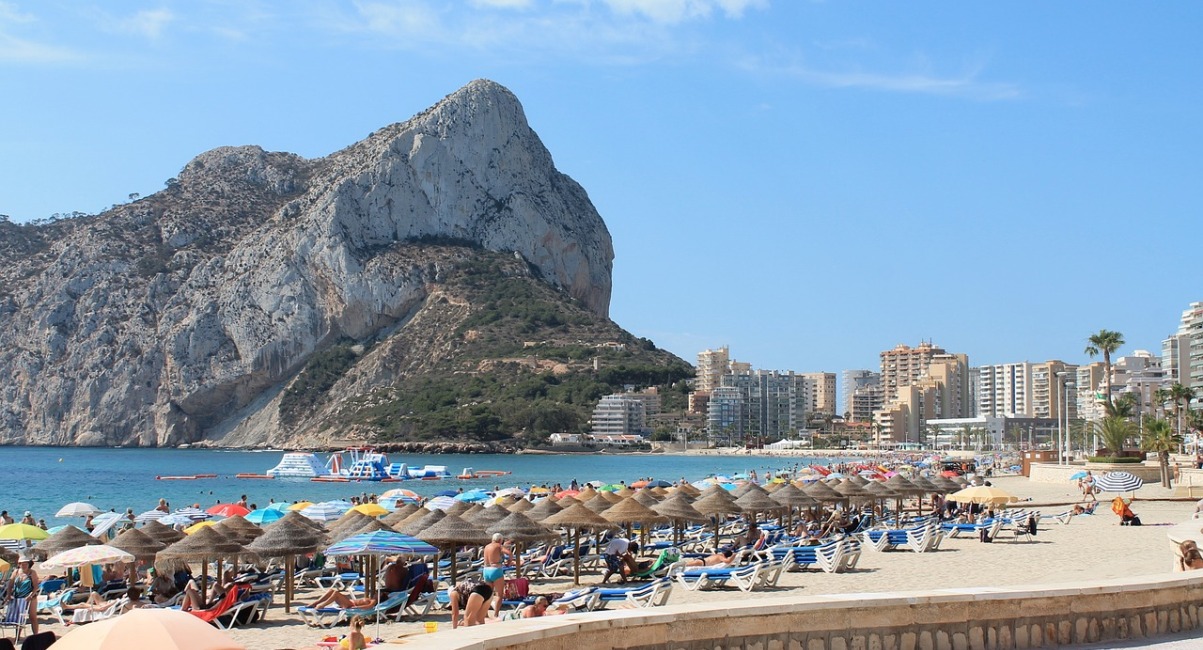HOME » NEWS » Expert Opinions » Expert Articles about Smart Tourism » Smart Tourism Destination
Smart Tourism Destination

Interesting news from Calpe: the destination is trying to become Smart Tourism Destination.
That would be an asset, but it is not an easy path that many destinations try to go through. Unfortunately, not everyone can do it.
In our opinion, there are several reasons.
- According to our concept of smart tourism, a destination is smart when any tourist just needs a smartphone with the Internet connection to travel. By the way, the problem of connecting a tourist to cheap and high-speed Internet is the number 1 task for a destination which wants to become smart, because all modern technologies end where the internet ends.
- Many such programs hope that creating a new web site or system will solve all problems. In fact, a web site or an analytical program serves only to display tourist content, and nothing more. If the content is not enough, then no new web sites will help.
- In our opinion, it is necessary to start with local tourism businesses: museums, attractions, tour agencies. DMOs should cooperate with them, arrange information exchange so that a tourist can easily and freely receive all the information about the sights and tours in their native language. In other words, in many destinations the problem of tourist-relevant content has not been completely resolved.
- Unfortunately, in many destinations the problem of competent online representation of local tourism businesses has not been solved because the owners and managers do not even know the basics of Internet marketing. This problem is especially evident for small businesses. Somehow, various organizations, including ours, are trying to solve this problem. For example, we have a course on the basics of digital marketing.
- Often destinations begin some kind of digitalization without knowing their current state. And this is a problem, because without knowing your shortcomings on the Internet it is very difficult to correct the situation. We are sure that any digitalization should begin with an analysis of the current situation. For example, we have a special service for assessing smart destinations.
In general, of course, it’s good that destinations understand that they need to become smart destinations, but digitalization must be correct and be useful primarily to ordinary tourists.